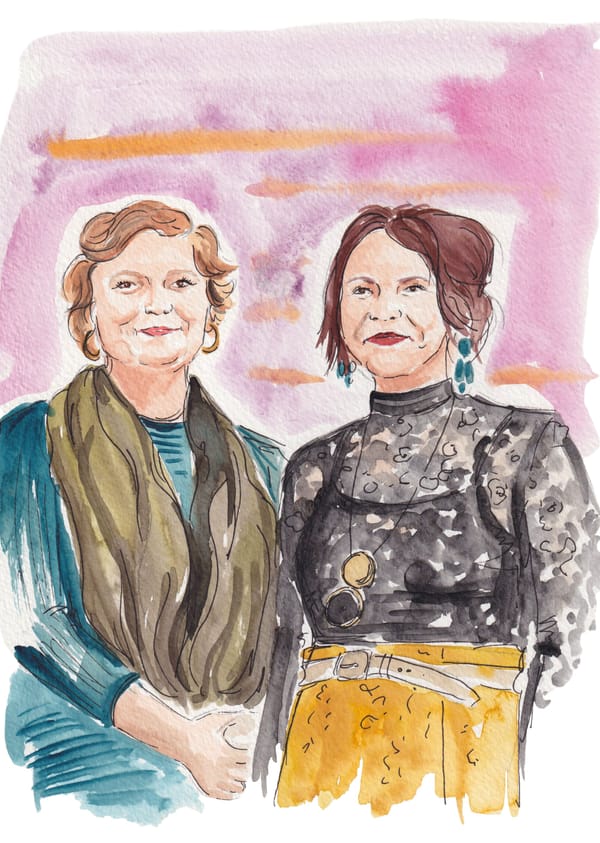School Sex Ed Left Me Feeling Isolated. That’s a Safety Issue.
The sexual disempowerment of disabled women crops up again and again. It starts with non-inclusive sex ed in school.

It’s 2010, and at an all-girls’ school in North London, some 20 girls are being instructed on the matter of sex. Each girl has been handed a slip of paper on which to scrawl a question—ostensibly to grant anonymity—and heads are quietly bent over desks. There’s silence other than the scratch of pen on paper and occasional muffled giggle. We are 14.
I too have been handed a paper and a pen. But pens don’t work for me. I am disabled and, among other things, I can’t grip a pencil, let alone write my most private questions on paper. I get around using a wheelchair and, at school, I stick out like a sore thumb.
In the sex ed classroom, no one thinks to hand me a laptop like I use for my other classes. The woman who helps me get around and participate at school—kind, but twice my age—gestures to show she could be my scribe. I shake my head. Not only do I not want to tell her any of my million and one questions but the silence in the room means I would, effectively, be announcing them to the whole class. She raises an eyebrow at me, as if to say, “Go on...”
“I don’t have any questions,” I mumble back. She takes me at my word.
It’s been 15 years since that class, but I think about it often, both in my personal life and in my work as a disability activist. The sexual disempowerment of disabled women is a persistent issue that crops up again and again. For many of us, it starts with a lack of relevant, appropriate and—let’s call it what it is—accessible education during our teen years.





